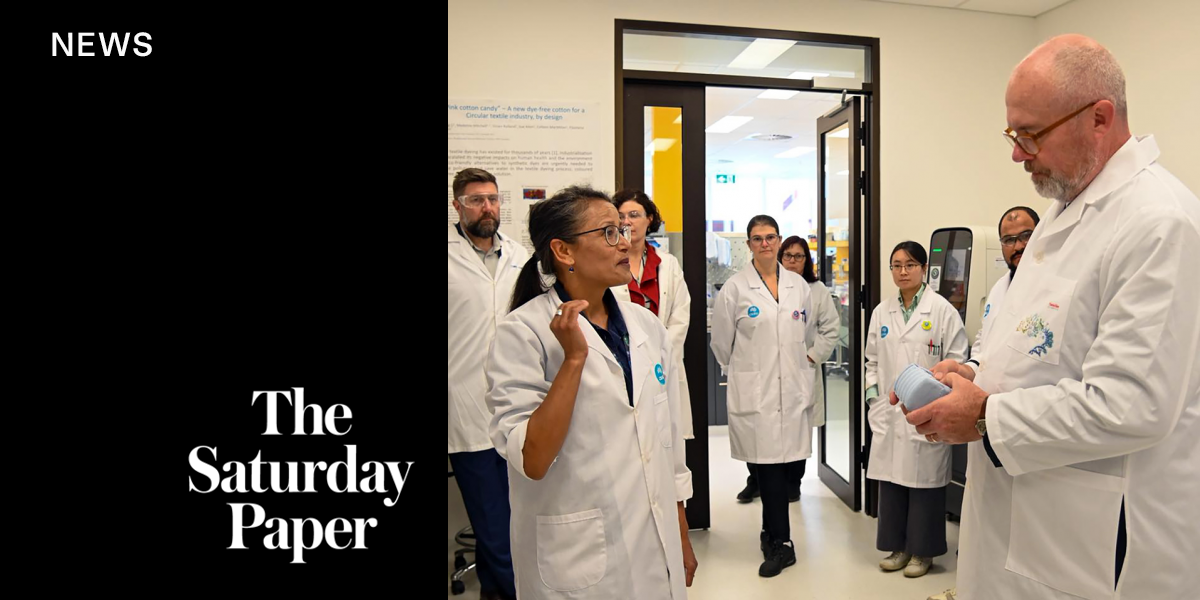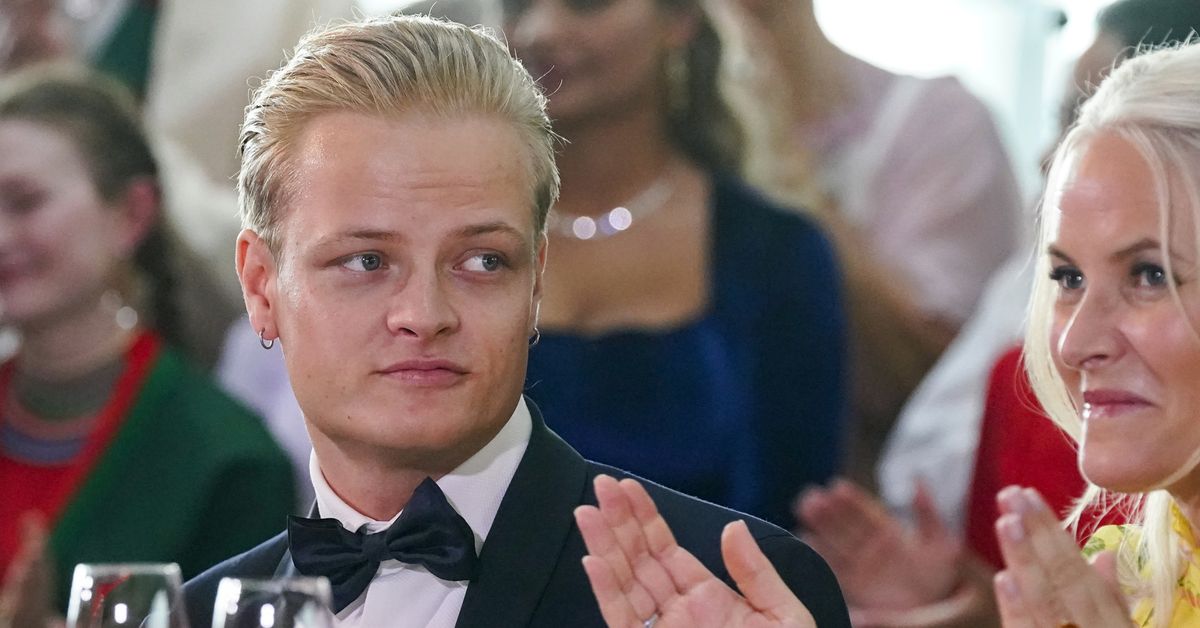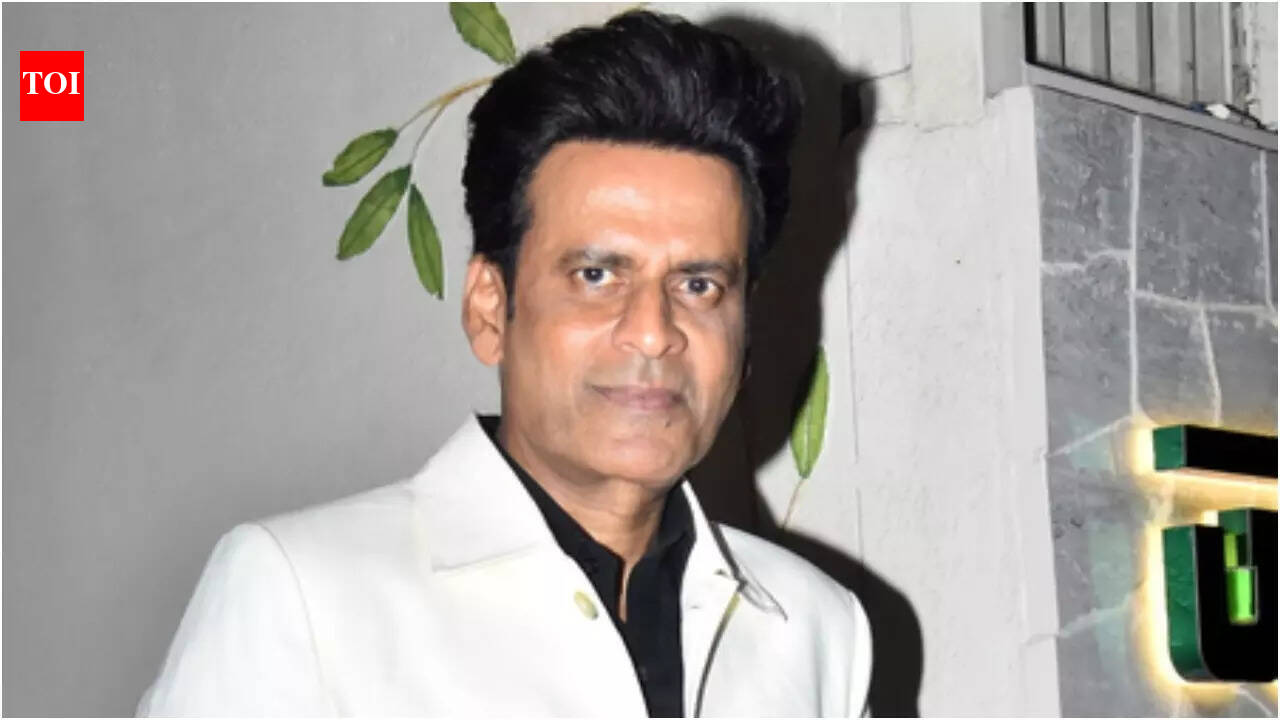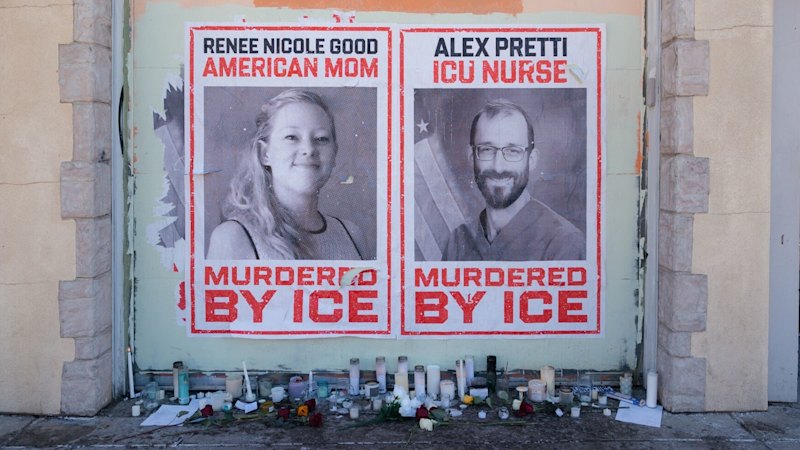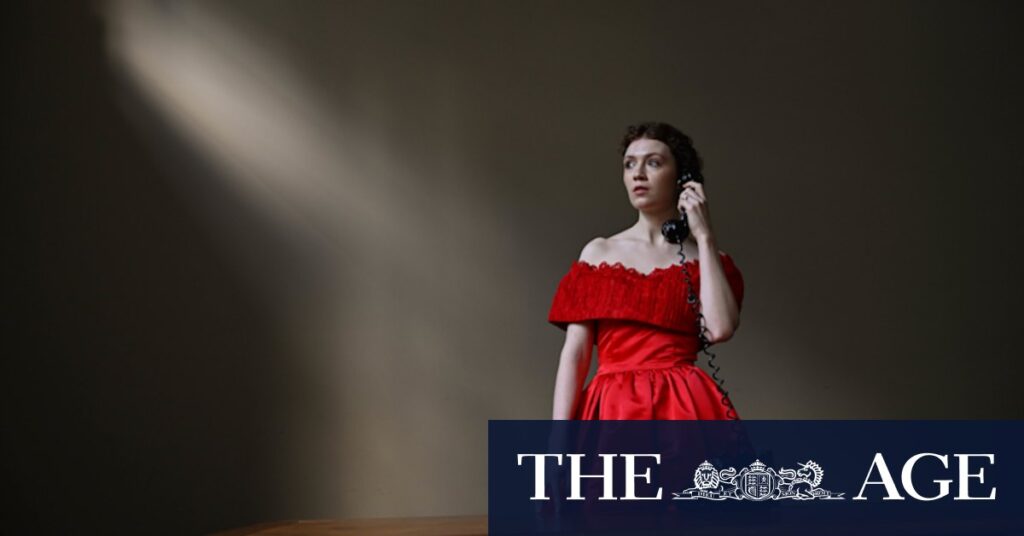
When Dean Drieberg was approached to direct a stage adaptation of Alfred Hitchcock’s Dial M for Murder, he immediately recognized a significant challenge. Originally released in 1954, the story of a man plotting to murder his wife was once seen as light entertainment. However, in 2025, it resonates more closely with the grim realities of true crime.
Rather than shy away from this stark reality, Drieberg chose to confront it head-on. “Last year alone, 103 women were killed by men in Australia. I couldn’t avoid that statistic and I wanted to point at that with this play and with this production,” he stated, emphasizing the importance of reflecting contemporary social issues in his work.
Dean Drieberg is directing a new stage adaptation of Dial M For Murder. Credit: Joe Armao
The Resurgence of Stage Thrillers
Stage thrillers have seen a resurgence recently, with productions like The Talented Mr Ripley, And Then There Were None, and Gaslight touring across the country. Hitchcock’s influence is palpable in other adaptations this year, with The Birds at Malthouse Theatre and the upcoming Rebecca at the Melbourne Theatre Company.
However, the shadow cast by Hitchcock is particularly dark with Dial M for Murder. The play not only delves into the sinister plans of a murderous misogynist but also brings into question Hitchcock’s own troubling relationships with his leading ladies.
Hitchcock’s Complex Legacy
Alfred Hitchcock, often hailed as the “Master of Suspense,” left a complex legacy that has been scrutinized over the years. His films, renowned for their psychological depth and innovative storytelling, often feature themes of obsession, control, and manipulation. Yet, these same themes have sparked discussions about Hitchcock’s personal interactions with female actors, which many now view as problematic.
According to film historian Dr. Louise Thompson, “Hitchcock’s treatment of women, both on and off the screen, reflects a broader cultural issue of the time. His films often objectified women, and his off-screen behavior mirrored that power dynamic.”
Addressing Modern Sensibilities
The new adaptation of Dial M for Murder aims to address these modern sensibilities by drawing attention to the ongoing issue of violence against women. Drieberg’s decision to highlight this aspect is both timely and necessary, as societal awareness of gender-based violence continues to grow.
By incorporating contemporary statistics and social commentary into the production, Drieberg hopes to provoke audiences to reflect on the play’s relevance today. “Theatre has the power to challenge perceptions and spark conversations,” Drieberg explained. “I want audiences to leave the theatre questioning not just the characters’ motives, but also the societal norms that allow such narratives to persist.”
Looking Ahead
The adaptation of Dial M for Murder is set to open next month, and anticipation is high. As audiences prepare to revisit this classic thriller, the production promises to offer more than just suspense—it will provide a platform for dialogue about the darker aspects of Hitchcock’s legacy and the enduring issue of violence against women.
Meanwhile, the broader theatrical community continues to grapple with how to present classic works in a way that resonates with contemporary audiences. As Drieberg and his team prepare for opening night, the question remains: how can we honor the artistic achievements of the past while acknowledging and addressing their problematic elements?
As the curtain rises on this new adaptation, it serves as a reminder of the power of theatre to not only entertain but also to educate and inspire change.

